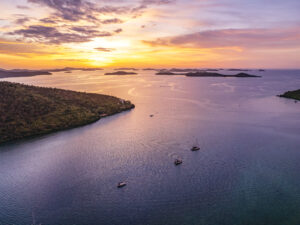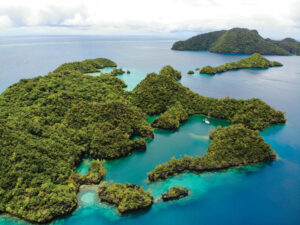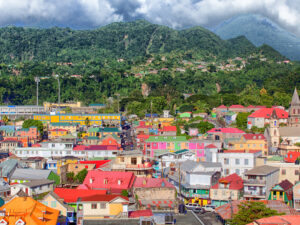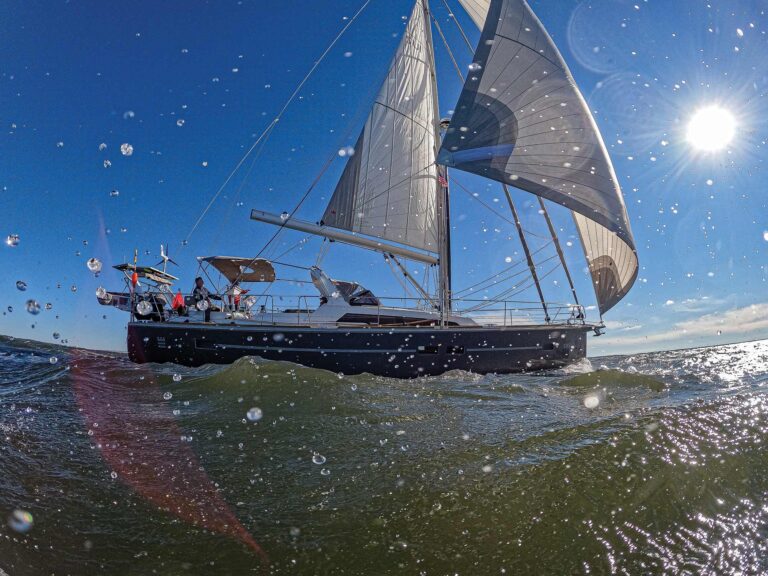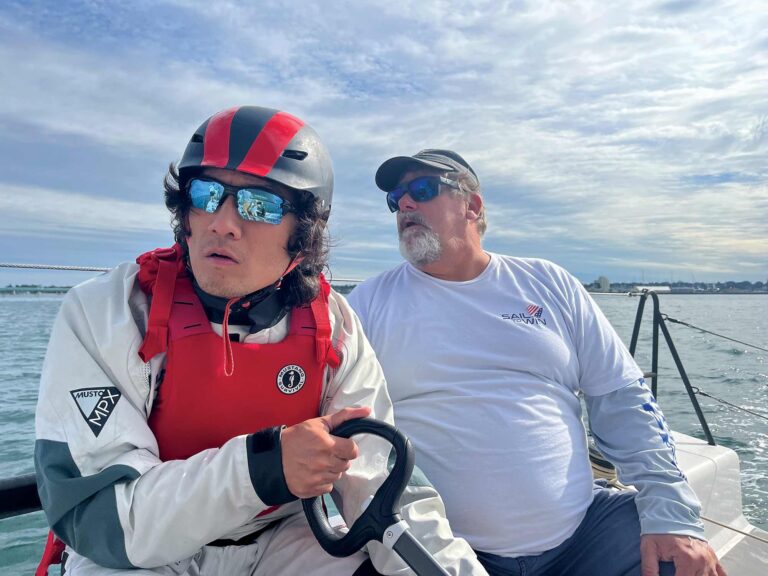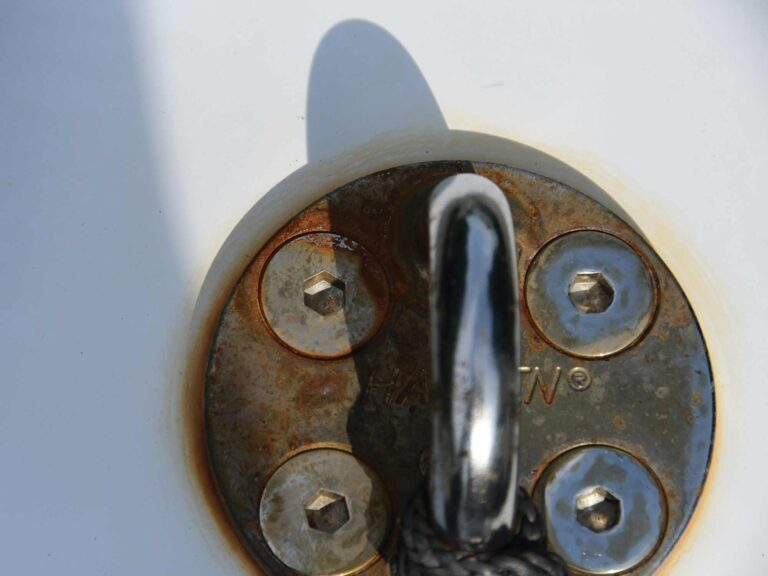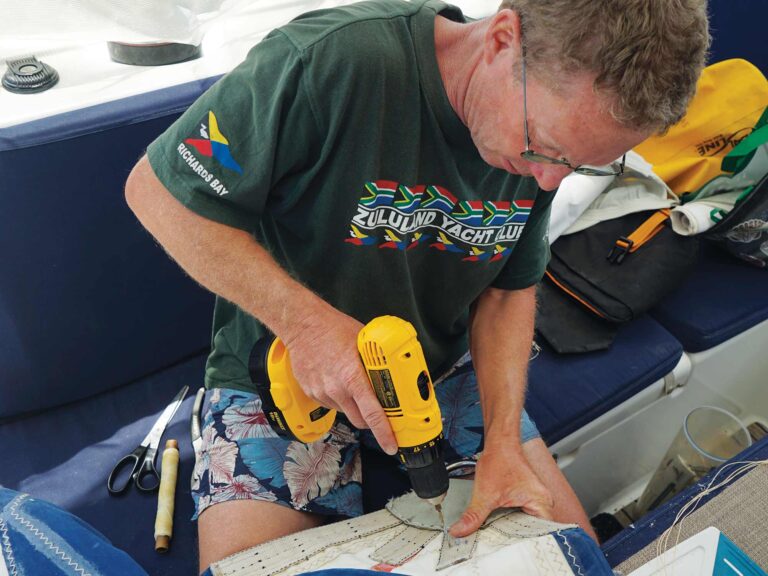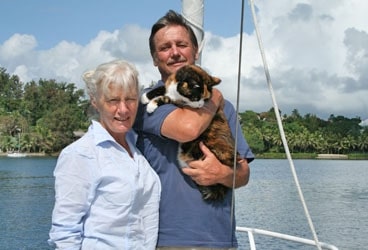
Alvah Simon and Family 368
Twenty-five years ago my mother flew into the Philippines to visit her long-lost sailor son and meet who was soon to become her daughter-in-law, Diana White, from New Zealand. I picked her up at the airport amidst the chaos they call Cebu City. We were no more than a mile away from the airport when she said, “Son, they do not care about their people here.”
“Mother, you have been in this country for all of five minutes. How have you already come to that conclusion?”
“They do not have sidewalks to keep their pedestrians safe.”
I dismissed her hurried conclusion then. A year later I left that nation appalled by the blatant lack of regard for human life reflected in their roads, reckless driving, working conditions, medical care, violent vendettas, and every walk of life.
I have had more than my mother’s five minutes in Japan but do not have her confidence to make such sweeping judgments. Still, I get the impression that, however intrusive, this is a government of, by, and most importantly, for the people.
Diana and I borrowed a Land Cruiser from “Pat-O-San” (Patrick), a wild Swiss sailor living on the sparsely populated Kakaroma Island in the Amami Oshima Group. One would be hard pressed to find a 100-yard stretch of straight on its mountainous roads. Nevertheless, every one of the thousands of curves had a convex mirror giving traffic from both directions a view of each other. Forget the cost, head-on collisions should not and will not occur in Japan. Period!
How this translates to us on the sea is that nearly every nook, cranny, and port in Japan has been typhoon strengthened with massive breakwaters. Every boat in Japan has a designated shelter for the worst-case scenario, and with 27 typhoons a year, the worst case is common. This constant construction means that most of the breakwaters have been built since even our most recent charts were published. These structures break waves and hulls with equal efficiency, so for as anxious as a tired sailor may be to find shelter within, every port entrance should be approached cautiously, with good visibility and favorable winds.
In theory our landfall in Anbo on the towering island of Yakushima was timed perfectly. Just as the first hints of dawn broke the slate grey seawalls of the outer harbor appeared. So much for theory; as we crabbed sideways through 2 knots of current and rough seas towards what we were not sure was the correct entrance, we were slammed with a blinding wall of hissing cold rain.
Here’s the hard part of calling yourself captain–you and only you have to make a split second decision–tack away for open water, risking being caught in irons and being pulverized on the seawall, or hold course in the blind for that frightfully narrow entrance. I held, as did our depth and luck, and in a flash we went from outside tempest to inner harbor calm. In low visibility it is best to not dash around looking for dangers. We dropped sail and held station until conditions improved, then rafted to a large trawler and fell into a coma-like sleep.
The next day we took a bus up the steep mountain road to the ancient Yakushugi cedar forests. With a reverence bordering on religious (and why not?) we touched those three thousand years old gnarled giants. The forest was full of sweet little sitka deer and I was thrilled to see Japanese Macaque monkeys.
Getting lost on a Japanese trail is strictly forbidden. With Burma Shave regularity, detailed signs point to where you are and how many meters and minutes it will take you to your next trail juncture (the record shortness being 47 meters, which we were allotted a leisurely three minutes to span).
Our sailing has been much like that trail. Upon arrival in each port, prior permission having been obtained of course, we are invaded by a horde of uniformed officials. Customs agents, yet again, have us fill out a pile of forms, inspect our medical kit, and take photos of the boat. They then move over to allow the multiple representatives of the Coast Guard to do the same, and on some days the Police send representatives to, as one explained, “photograph this situation.” The Port Captain, apparently low in the pecking order, usually comes last. Animal Quarantine officers drove for three hours from Kochi to spring a surprise inspection of that wily bandito, Halifax Of The North.
On some days I bristle under the strict controls. On others I recognize that a country smaller than Montana cannot contain one hundred and thirty million “rugged individualists” and some control and restraint are required.
On all days I marvel at this complex and fascinating nation.


